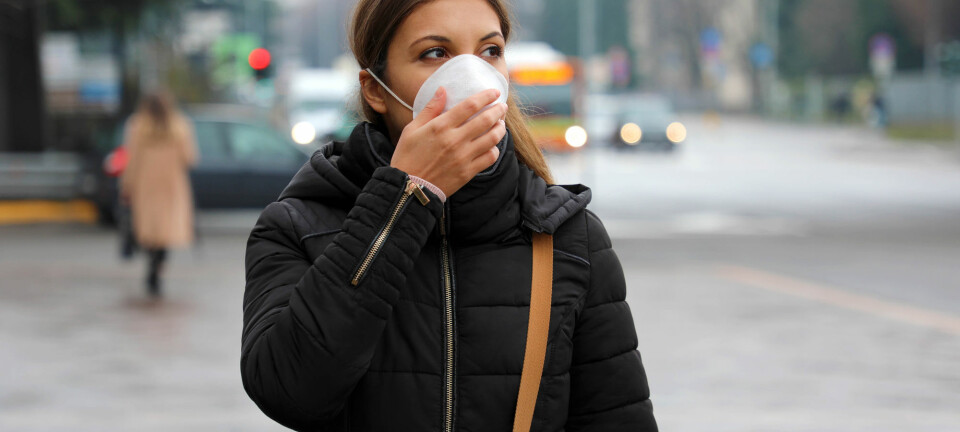
We eat candy to deal with the pandemic
63 per cent of women and 43 per cent of men used food to deal with their feelings during the lockdown last spring, according to a new survey of Norwegians.
Almost 25 000 Norwegians from Bergen participated in a survey where researchers asked questions about how the effects of the first lockdown in Norway during March and April 2020.
One of the findings is that many of them used food to deal with their emotions. This trend is confirmed by corresponding numbers from the grocery industry.
Increased sales of candy
During the first weeks of the COVID-19 lockdown in the spring of 2020, sales of candy and chocolate increased by almost 50 per cent in Norway, according to the Norwegian Broadcaster NRK (in Norwegian).
Part of this increase is due to fewer Norwegians crossing the border for sweets. Those who live close to the border of Sweden often go shopping in Sweden, where prices are lower. This was no longer possible during the lockdown.
But at the same time, a lot of grocery stores stopped selling bulk candy due to the infection risk.
The researchers warn that increased consumption of sugar may have long-term consequences for the health of the Norwegian people.
A snapshot from the first lockdown
“Our study merely provides a snapshot of the situation during the first phase of the pandemic during March and April last year”, says Mitra Bemanian to sciencenorway.no.
The researchers are still gathering data on how much emotional eating people did past the lockdown and throughout the pandemic.
“We know that emotional eating can be strongly related to mental health issues. This is known from previous research”, says Bemanian.
Her research is part of a larger study called Bergen i Endring Covid19 – Bergen Changing Covid19. The project is a collaboration between Bergen municipality, the Norwegian Institute of Public Health and the University of Bergen.
One finding from this large study related to peoples’ economy. Those who were prone to emotional eating were often the same ones who responded that they were worried about the personal economy or about their job situation.
Fear for work safety and personal economy
The study on emotional eating cannot establish that psychological stress among people in general has increased during the pandemic, Bemanian says. However, researchers know that an increase in emotional eating can be connected to in increase in mental health issues.
At the same time, this may be the first time researchers have shown that financial fears can play as large a part in emotional eating as fear of contracting disease.
This correlation makes it pertinent to ask if people with lower incomes and high levels of job insecurity are extra vulnerable during a pandemic.
What is known is that people with what researchers call low socioeconomic status – low income, low levels of education etc – more often than others struggle with overweight and obesity.
Bemanian and her colleagues point to similar findings from researchers in Italy and China. They also correspond to findings from researchers in New Zealand following the large earthquake in 2011.
Yet another burden
Stress affects how we eat and drink in different ways. Some people eat less when they experience emotional stress.
But most likely there are a lot of people who react negatively to stress by eating more calorie intense food containing large amounts of fat or sugar.
This sort of overeating of food with a lot of energy and subsequent weight gain may lead to health issues, and thus become yet another burden for people who find life to be difficult.
Reference:
Mitra Bemanian m.fl: «Emotional Eating in Relation to Worries and Psychological Distress Amid the COVID-19 Pandemic: A Population-Based Survey on Adults in Norway», Environmental Research and Åubic Health, desember 2020.
———
Read the Norwegian version of this article on forskning.no
































